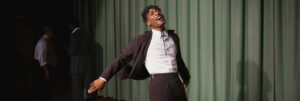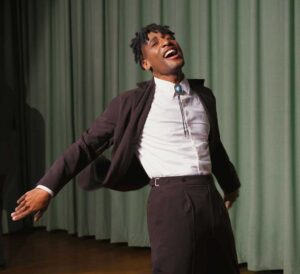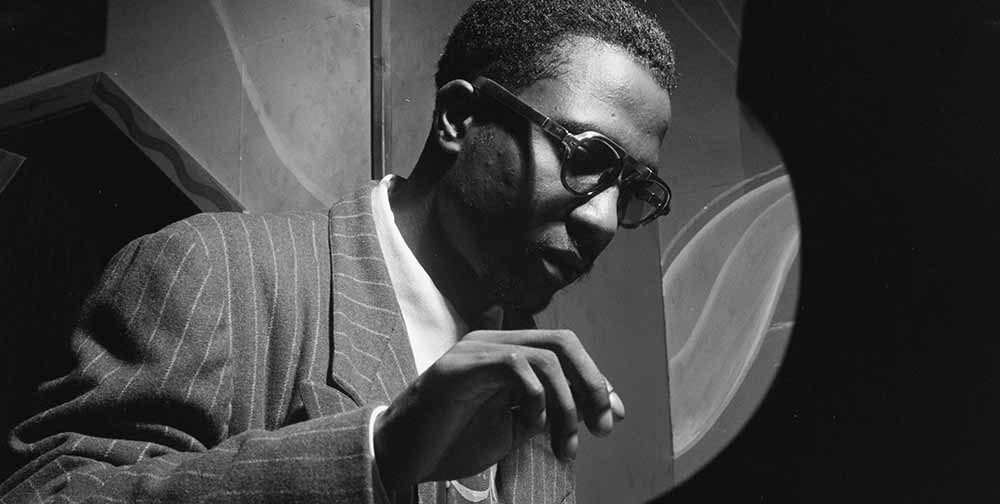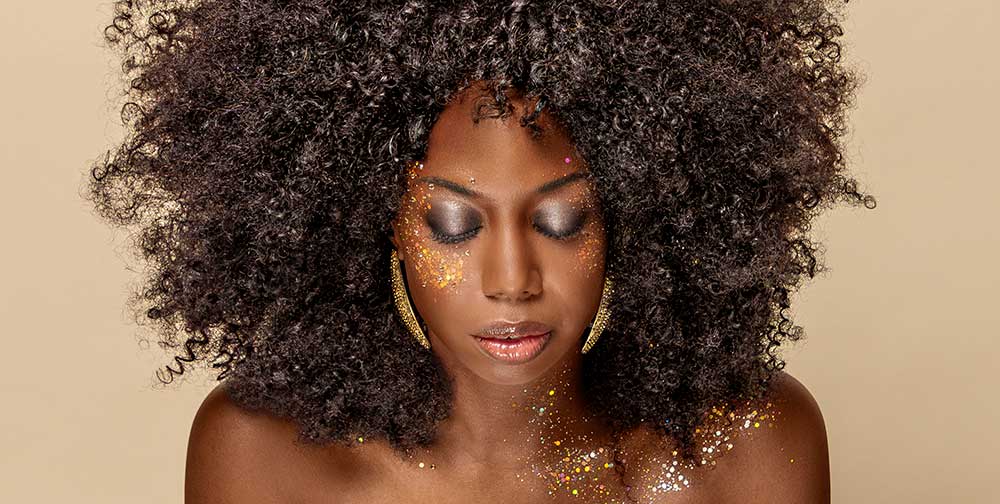Freya Hellier: You’ve said that you write spiritual manifestos for each of your albums. What are the ideas powering “Big Money”?
Jon Batiste: Oh, the ideas of “Big Money” are really about looking at the world, examining capitalism, examining the inner child, and keeping the inner child alive in the midst of what seems like there’s a lot of different things going on all at once.
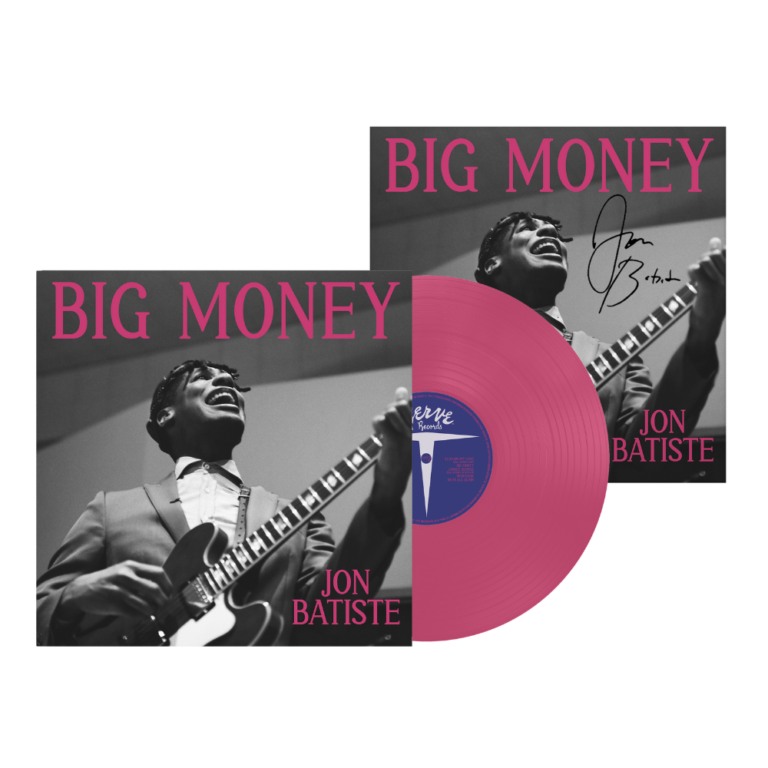
Jon Batiste / Big Money
Available to purchase from our US store.And just being into the things that you’re into creatively, musically. Just being authentic and tapping into the real essence of collective gathering in the midst of AI. In the midst of all the things that have segmented us in technology, how it’s advancing, still remembering the original technology of the human soul, and talking about all these things all at once in a very simple form of what I call new americana.
A New Americana
FH: So you talked about a new americana. I wonder if we could explore that idea a little bit more and talk about authenticity? I think there’s a real organic quality to the music on this new record, and your title track explores the slippery slope of chasing big money – and what that does to us. How do you, as a creative individual, walk that line when we live in an age where literally everything is for sale?
JB: Yeah, we just did a family trip, and we had this running joke through the whole trip, where there’s these advertisements, or there’s these things that are online on social media. And you’ll have a person who is describing something that they hold near and dear to them, and they’re just pouring their heart out. And then at the end of the video they flash a product, and they say, this is for sale. It’s like everything now has become for sale even the deepest, remote, most resonant place within you. Now we see AI taking the essence of the voice and the essence of the soul, the essence of the artist and the essence of the person and commodifying it. And I’m not necessarily against the technological advancements of our time. But it’s very interesting to see this in a way that has never been in history.
Just so many of the things that you thought were unquantifiable, immeasurable, of great intrinsic value are for sale, and I think “Big Money” is really a statement.
The album is organic by design. Everything about it was made not necessarily in a way that you’ll make a record from times past – because I don’t even think that’s really possible – but a lot of the performances are one take, and the band is one take from beginning to end, and there’s no edits, the vocals are not tuned in auto tune. And there’s none of those modern contemporised production techniques that you hear in most of the records that are made today. We don’t use those in this album. So yeah, it’s a very organic album.
And the beauty of that is, you have everybody in the room together. We’re breathing the same air, we play in the same space and it’s and it’s a connective feeling that you get when you listen to it. You connected to that room, to that moment, and the themes are very much playing between the poles of irony.
A Pantheon of Piano Heroes
FH: You quote Thelonious Monk who says that ‘genius is the one most like himself’- how do you recognise yourself within all the various stylistic expressions that you’re able to move between so easily?
JB: It all comes from you, from essence. Your voice is the one that is resonating through it all. And if you can connect to something that really means something to you, it’s a part of you, it’s in your bloodstream. It’s in your DNA, then, doesn’t matter where you go, how far you take it in any stylistic direction. The essence of it is of you, and that’s the beauty of being true to yourself.
As an artist it empowers other people to be true to themselves. It’s just the thing that reminds you of the light that you have within you. And style is just a means of communicating that.
FH: Thelonious Monk was somebody who was very much doing his own thing. Is he one of your piano heroes? I’m wondering, who do you hold up in your pantheon of piano greats?
JB: Yes, Thelonious Monk is one of my heroes and the piano sound that he created was very much an influence for me. When I was 19 years old I listened to Thelonious Monk almost exclusively for an entire year, and I made an album at that time called “Live in New York”, and you can really hear the essence of how his playing really was infused into my approach to the piano, and ever since it’s been a big area of my study, I always go back to Monk.
Other than Monk, [it’s] Duke Ellington, who is from a similar era of piano playing / composing / band leading in that he puts bands together and composes music based on the bands that he’s leading. His piano style is very compositional. And you know I like that 3 dimensional approach to piano playing where it’s infused into your approach to band leading and your approach to composition.
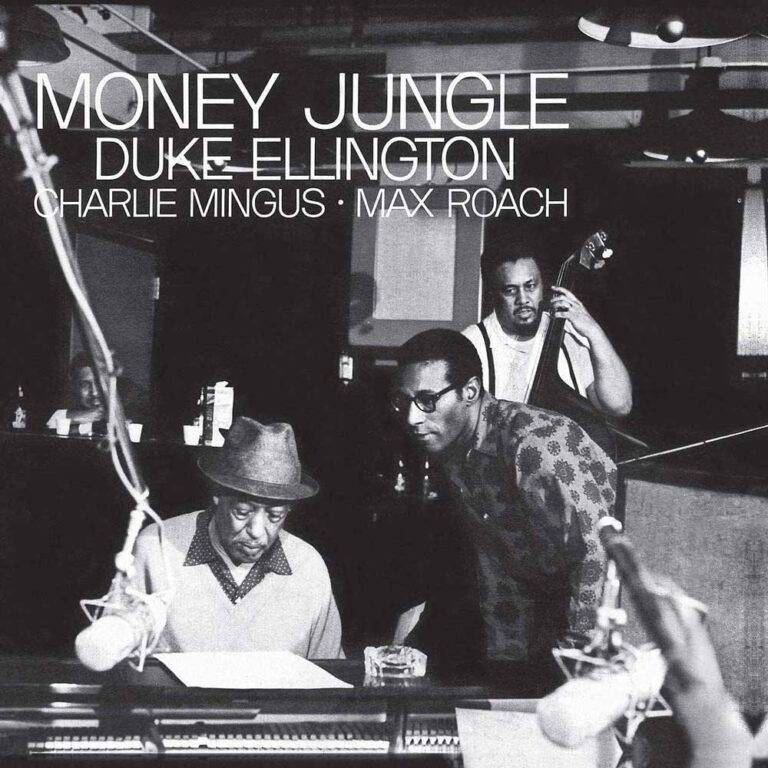
DUKE ELLINGTON Money Jungle
Available to purchase from our US store.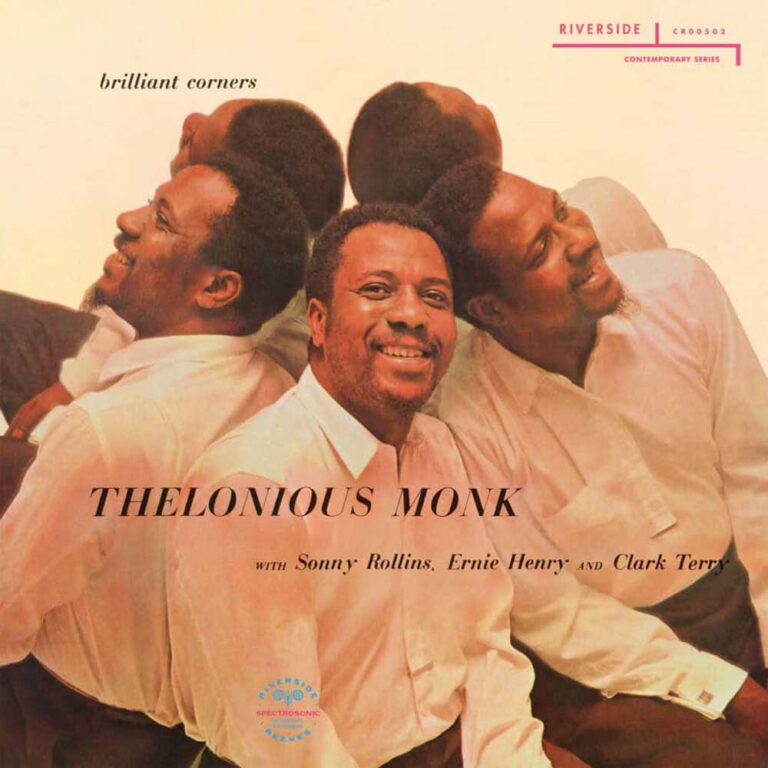
THELONIOUS MONK Brilliant Corners
Available to purchase from our US store.So those are the piano players that really are most influential to me, like John Lewis is in a similar way – [with the] Modern Jazz Quartet, or even Jelly Roll Morton, from the early 20th century and New Orleans piano tradition; composer, genius. You know, there’s so many.
Tradition Over Genre
FH: Tradition is obviously a really important thing for you; tradition over genre. Can you talk about that process of absorbing someone else’s style, spending a year listening to Monk and still being able to carve your own path whilst walking the path that other people have helped to lay for you?
JB: Yes, yes, it’s beautiful to see what someone else has done before you, and to find yourself in that. Everything that you like is you. Everything that resonates with you is because of the part that’s already within. So the beauty of tradition is that you get to look at the entire lineage of human history, the lineage of creative history and achievement and find all the things that resonate with you.
And then you can study that you can learn from that, and it helps you to get to know yourself. And then eventually it becomes so much a part of your practice that you don’t have to even think about it. Because that’s the key – to try something, so it is not a form of study. It’s not a craft, just a way of being. After you get to the point where you possess the craft, and you own the mastery of the thing that you humbled yourself to. Now you can extend the tradition of it. You can extend the voice of it through your voice. And that’s the beautiful thing about any form of art. It is the continuum of all of our connective threads, to creating, to communities, to all the different communities that art comes from high and low. Art doesn’t limit itself to a genre in that way because we’re so expansive.

Jon Batiste / Big Money
Available to purchase from our US store.Freya Hellier is a content editor for Everything Jazz. She has spent many years making programmes about all genres of music for BBC Radio 3, Radio 4 and beyond.
Header image: Jon Batiste. Photo: Beth Sacca / Courtesy of Verve Records.

